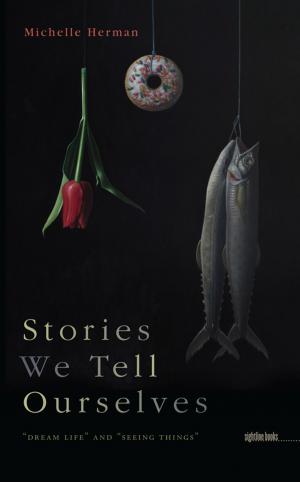On Behalf of the Family Farm
Iowa Farm Women's Activism since 1945
Nonfiction, History, Americas, United States, 20th Century| Author: | Jenny Barker Devine | ISBN: | 9781609381707 |
| Publisher: | University of Iowa Press | Publication: | May 1, 2013 |
| Imprint: | University Of Iowa Press | Language: | English |
| Author: | Jenny Barker Devine |
| ISBN: | 9781609381707 |
| Publisher: | University of Iowa Press |
| Publication: | May 1, 2013 |
| Imprint: | University Of Iowa Press |
| Language: | English |
On Behalf of the Family Farm traces the development of women’s activism and agrarian feminisms in the Midwest after 1945, as farm women’s lives were being transformed by the realities of modern agriculture. Author Jenny Barker Devine demonstrates that in an era when technology, depopulation, and rapid economic change dramatically altered rural life, midwestern women met these challenges with their own feminine vision of farm life. Their “agrarian feminisms” offered an alternative to, but not necessarily a rejection of, second-wave feminism.
Focusing on women in four national farm organizations in Iowa—the Farm Bureau, the Farmers Union, the National Farm Organization, and the Porkettes—Devine highlights specific moments in time when farm women had to reassess their roles and strategies for preserving and improving their way of life. Rather than retreat from the male-dominated world of agribusiness and mechanized production, postwar women increasingly asserted their identities as agricultural producers and demanded access to public spaces typically reserved for men.
Over the course of several decades, they developed agrarian feminisms that combined cherished rural traditions with female empowerment, cooperation, and collaboration. Iowa farm women emphasized working partnerships between husbands and wives, women’s work in agricultural production, and women’s unique ways of understanding large-scale conventional farming.
On Behalf of the Family Farm traces the development of women’s activism and agrarian feminisms in the Midwest after 1945, as farm women’s lives were being transformed by the realities of modern agriculture. Author Jenny Barker Devine demonstrates that in an era when technology, depopulation, and rapid economic change dramatically altered rural life, midwestern women met these challenges with their own feminine vision of farm life. Their “agrarian feminisms” offered an alternative to, but not necessarily a rejection of, second-wave feminism.
Focusing on women in four national farm organizations in Iowa—the Farm Bureau, the Farmers Union, the National Farm Organization, and the Porkettes—Devine highlights specific moments in time when farm women had to reassess their roles and strategies for preserving and improving their way of life. Rather than retreat from the male-dominated world of agribusiness and mechanized production, postwar women increasingly asserted their identities as agricultural producers and demanded access to public spaces typically reserved for men.
Over the course of several decades, they developed agrarian feminisms that combined cherished rural traditions with female empowerment, cooperation, and collaboration. Iowa farm women emphasized working partnerships between husbands and wives, women’s work in agricultural production, and women’s unique ways of understanding large-scale conventional farming.















